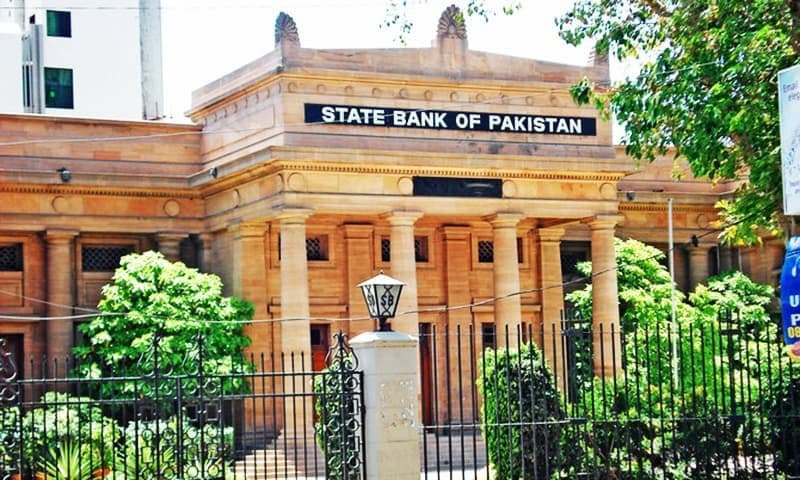According to a senior official, the State Bank of Pakistan (SBP) plans to issue licenses to digital-only banks in the coming months in order to modernize and improve the country’s financial system.
“We have taken a number of measures to increase digital financial services in the country and one of them is to set up digital-only banks,” Sima Kamil, the central bank’s deputy governor, told Arab News in an exclusive interview on the sidelines of an event, “Ensuring Sustainable Growth and Promoting Digitization,” at the SBP headquarters.
Kamil said that the process of granting permits will begin in the coming months and that the authorities will accept applications from other countries.
“We have launched a consultative framework and invited opinions,” she continued. “The framework will be announced in the next couple of months and people will be able to apply for licenses to launch digital-only banks.”
After the procedure is completed, Kamil expects around eight digital-only banks to emerge in the nation.
“Depending upon the number of applications, we expect to issue licenses to about five to eight banks,” she informed.
Raast, Pakistan’s first digital payment system, was introduced earlier this year, allowing people, companies, and government organizations to make real-time payments. Since January 2021, the system has been operational at 30 banks.
“Digitization is very important in any economy today,” said the SBP deputy governor. “Unless we effectively digitize, we will not have financial inclusion and documentation.”
She said that in the future, it will be able to use mobile numbers to run the country’s current digital payment system.
“In the existing system, you need to know the account details of an individual or entity before you can make a digital payment,” she explained. “Soon it will be possible for people, however, to mention a mobile phone number to their bank which can become their alias identity. The financial transactions could then be done using these contact numbers.”
Pakistan has minimal electronic transactions owing to poor banking penetration, a lack of confidence and knowledge of digital payment systems, and high transaction costs, according to the country’s central bank.
Pakistan has minimal electronic transactions owing to poor banking penetration, a lack of confidence and knowledge of digital payment systems, and high transaction costs, according to the country’s central bank.
However, SBP Governor Dr. Reza Baqir told an event on Wednesday that “no country can make economic progress unless it aggressively moves toward digitization.”
Baqir also discussed current economic trends and the central bank’s efforts to stabilize Pakistan’s currency, economic growth, and current account deficit.
The governor of the SBP insisted that the current account balance was manageable and that there was no reason to be concerned.
“There are three things that are worrisome for any economy’s current account: no movement in exchange rates, high level of current account deficit and the low level of reserves,” he continued, adding that Pakistan’s reserves were increasing, its exchange rate was stable and current account deficit was low as compared to the past.
According to Baqir, Pakistan formerly had a current account deficit of 6%, but now expects it to be between 2.5 and 3%, which is sustainable.










